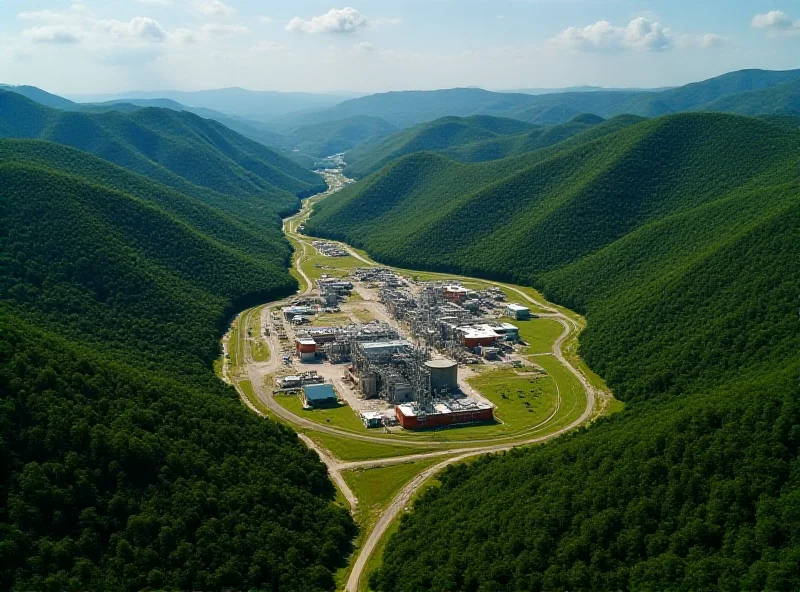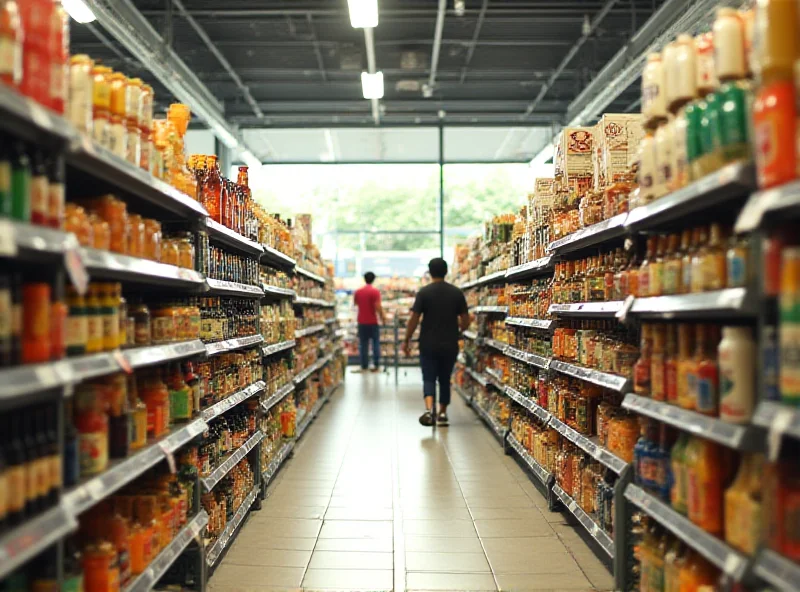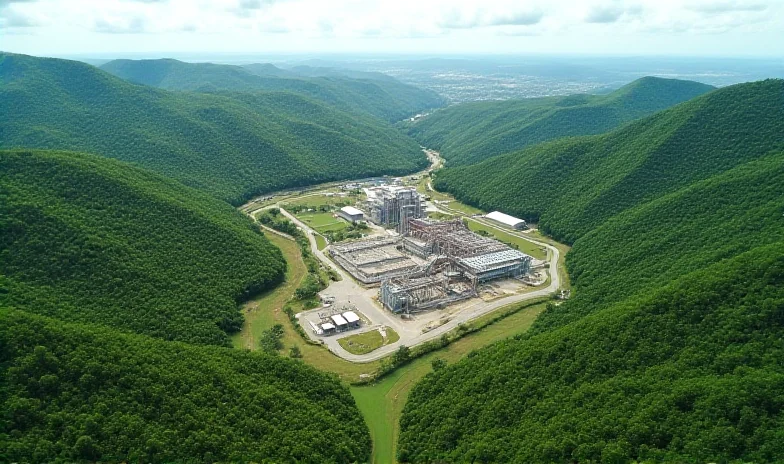Brazil is navigating a complex economic landscape, marked by both progress in environmental remediation and concerning signs of declining consumer confidence. This comes as the country tackles the daunting task of dismantling its first uranium mining plant while simultaneously observing shifts in consumer behavior and economic sentiment.
Dismantling Brazil's First Uranium Plant
After decades of waiting, the state-owned Indústrias Nucleares do Brasil (INB) has finally secured the environmental license needed to dismantle its uranium mining unit in Poços de Caldas, Minas Gerais. This marks a significant step forward in decommissioning the plant, which has been inactive for some time. However, the process is far from simple. The dismantling hinges on the government's ability to manage a billion-dollar radioactive liability, posing a substantial financial and logistical challenge.

The INB plant in Poços de Caldas represents Brazil's first foray into uranium mining. The dismantling process will require meticulous planning and execution to ensure the safe handling and disposal of radioactive materials. The successful completion of this project is crucial for demonstrating Brazil's commitment to environmental responsibility and nuclear safety.
Consumer Confidence Plummets Amidst Spending Shifts
While progress is being made on the environmental front, the economic outlook paints a less optimistic picture. According to the ACSP (São Paulo Commercial Association), confidence in the Brazilian economy has reached its lowest level in eight months. This decline in consumer confidence reflects growing pessimism about the country's economic prospects.
Interestingly, despite this pessimism, data from research firm Kantar reveals that Brazilians began 2024 with increased supermarket spending. Not only are they buying more, but they are also purchasing a wider range of products. This seemingly contradictory trend suggests that consumers may be prioritizing essential goods while cutting back on discretionary spending, such as dining out and entertainment. "The rise in supermarket spending could be a sign that people are trading down, choosing to eat at home more often to save money," notes economist Maria Silva.

This shift in consumer behavior is also coinciding with a reported decline in President Lula's popularity. While the article doesn't directly link these two factors, it suggests a potential connection between economic anxieties and political sentiment. The Brazilian economy is facing several challenges, including inflation, unemployment, and global economic uncertainty. These factors are likely contributing to both the decline in consumer confidence and the shifts in consumer spending patterns.
Bright Spots for Brazilian Students
Amidst these economic concerns, there is some positive news to report. More than 40 Brazilian students have been accepted into top foreign universities at the beginning of this year. This achievement reflects the dedication and talent of these students, as well as the efforts of organizations like Fundação Estudar, supported by notable figures such as Lemann, Telles, and Sicupira, in promoting educational opportunities for Brazilian youth.

In conclusion, Brazil is currently grappling with a complex interplay of environmental, economic, and social factors. The dismantling of the uranium plant represents a significant environmental undertaking, while the decline in consumer confidence highlights the economic challenges facing the country. However, the success of Brazilian students in gaining admission to top international universities offers a glimmer of hope for the future.
